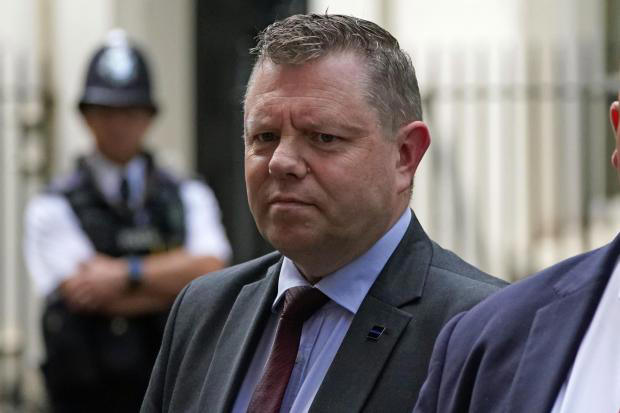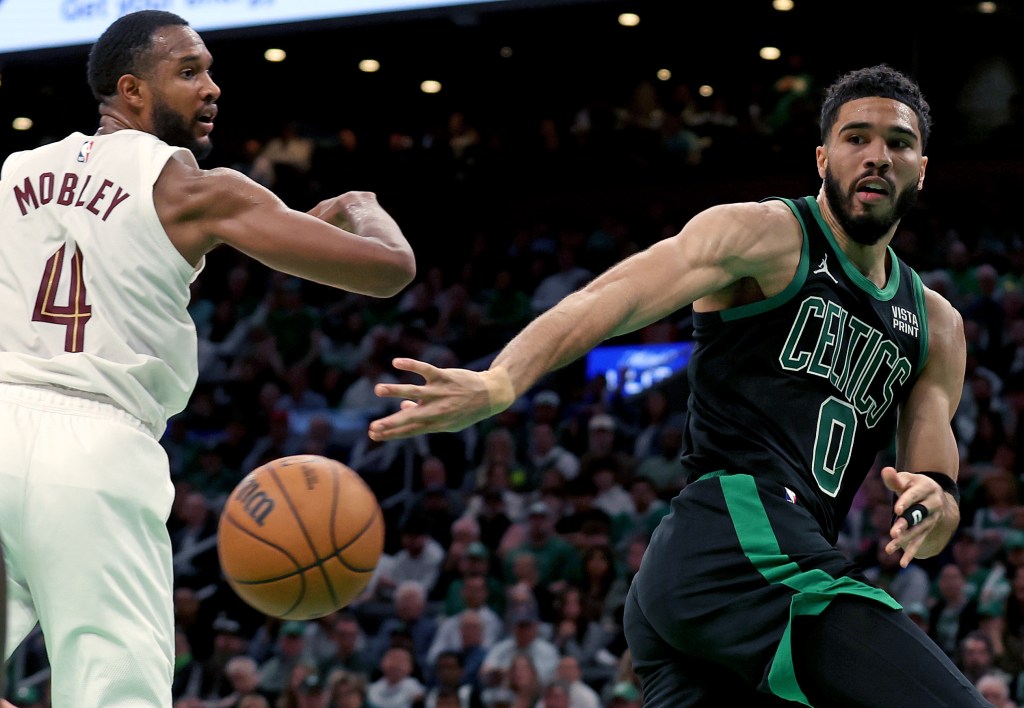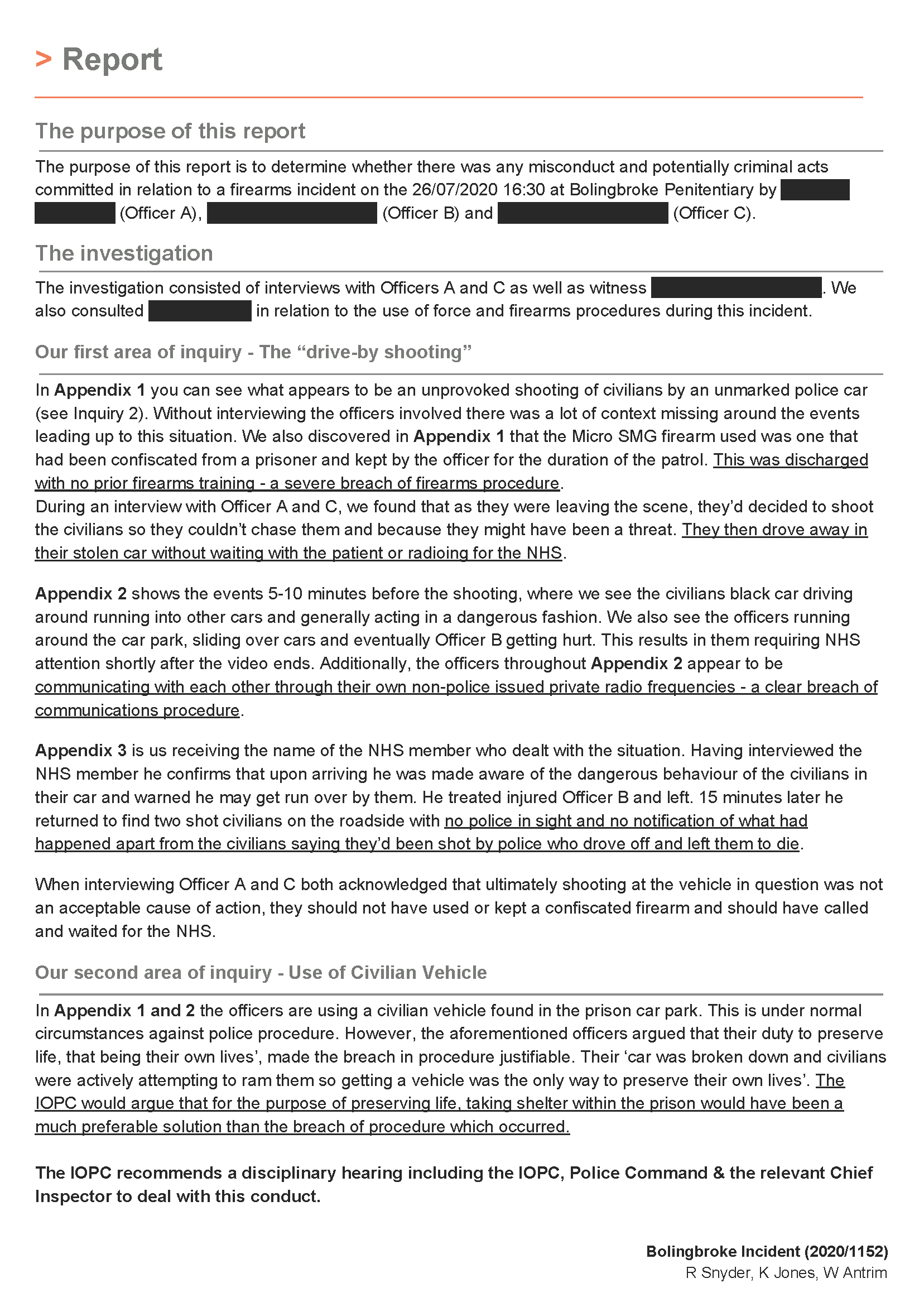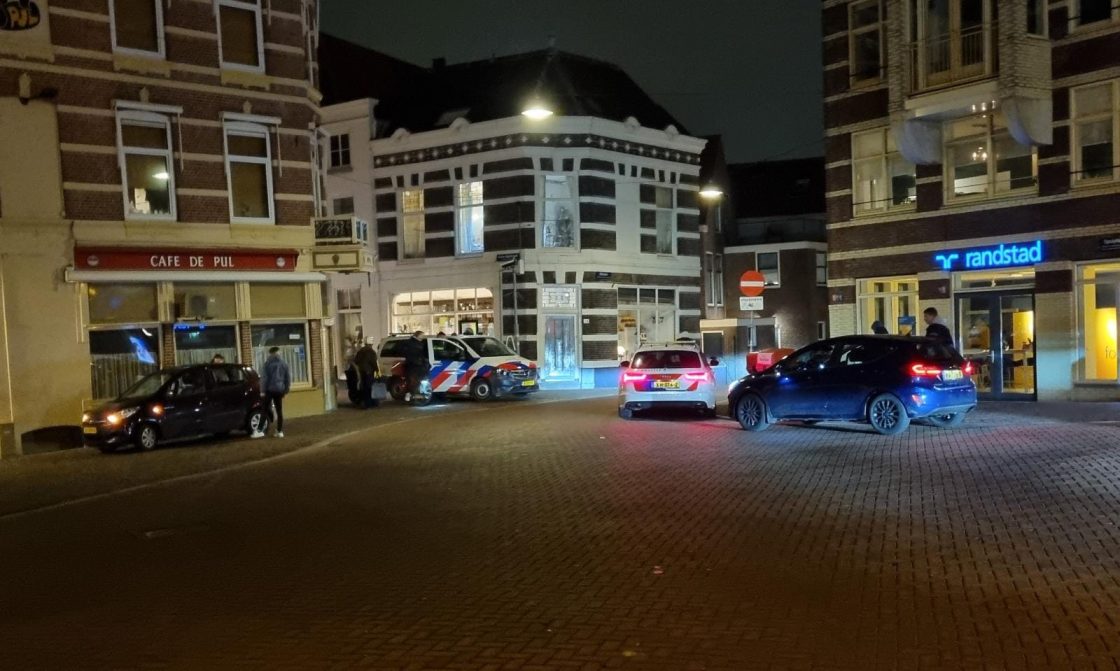Controversy Erupts: Police Leader's Tweet On Chris Rock Investigated

Table of Contents
The Tweet and its Immediate Fallout
Content of the Tweet
The police chief's tweet, posted on [Date], read: "[Insert verbatim quote of the tweet here]". The phrasing, particularly [Highlight specific potentially offensive words or phrases], was immediately interpreted by many as [Explain the interpretation – e.g., mocking, dismissive, minimizing the seriousness of the incident]. The tweet's apparent lack of sensitivity towards the seriousness of [mention the event Chris Rock was involved in] further fueled the controversy.
Initial Public Reaction
The initial reaction on social media was swift and overwhelmingly negative. Within minutes, the tweet was flooded with replies condemning the police chief's comments. Many users highlighted the perceived insensitivity and unprofessional nature of the post, particularly given the chief's position of authority. The hashtag #[relevant hashtag] quickly trended, with countless users sharing their outrage and demanding accountability.
- Negative reactions: Several prominent celebrities, including [mention names if applicable], voiced their disapproval, calling the tweet inappropriate and demanding an apology. Major news outlets such as [mention news outlets] also picked up the story, reporting on the growing public outcry.
- Quantifiable response: The tweet received over [number] retweets, [number] likes, and thousands of negative comments within the first [timeframe]. Many users called for the chief's resignation.
- Links to social media posts: [Insert links to relevant social media posts, if available and appropriate].
Media Coverage
Major news outlets across the country covered the story, offering a range of perspectives. Some emphasized the public's outrage and the potential damage to community relations, while others focused on the legal aspects of the chief's tweet and the First Amendment. The differing interpretations highlight the complexity of the situation and the various implications of the controversy. [mention any specific article titles or authors].
The Internal Investigation
Department's Response
The police department issued an official statement on [Date], acknowledging the controversy surrounding the chief's tweet and announcing the launch of an internal investigation. The statement [summarize the statement – e.g., expressed regret, emphasized commitment to transparency, outlined the scope of the investigation]. The department stated that the investigation would determine whether the chief violated any department policies or ethical guidelines.
Scope of the Investigation
The investigation's scope includes examining whether the tweet violated the department's social media policy, its code of conduct, and its standards of professionalism. The investigation will also assess the potential impact of the tweet on public trust and community relations. Investigators will review the tweet's content, the chief's intent, and the subsequent public reaction.
- Timeline of events: The investigation began on [Date] and is expected to conclude by [Date].
- Expected outcomes: Depending on the findings, potential outcomes range from a written reprimand to suspension or even termination.
- Legal implications: The investigation will consider whether the tweet constituted a violation of any existing laws or regulations.
Freedom of Speech vs. Professional Conduct
First Amendment Considerations
The First Amendment protects freedom of speech, even for public officials. However, this protection is not absolute, particularly when the speech in question violates professional conduct standards or creates a hostile work environment. The police chief's tweet presents a complex case study in balancing these competing interests.
Professional Standards for Law Enforcement
Law enforcement officers are expected to adhere to high standards of professional conduct, including maintaining impartiality, respecting the dignity of all individuals, and refraining from making public statements that could undermine public trust. Social media use by officers is increasingly scrutinized, requiring clear guidelines and training to ensure responsible online behavior.
- Legal precedents: [mention relevant court cases related to free speech for public officials].
- Ethical dilemmas: Police departments face increasing challenges in balancing officers’ right to free speech with the need to maintain public trust and professional standards.
- Similar cases: [mention similar incidents involving public officials and social media].
The Larger Context: Police Brutality and Public Trust
Relationship to Broader Issues
The incident underscores broader concerns regarding police brutality, accountability, and the relationship between law enforcement and the communities they serve. The police chief's tweet, regardless of its intent, contributed to existing anxieties and fueled criticisms of law enforcement's handling of public discourse.
Impact on Community Relations
The controversial tweet has undoubtedly damaged public trust in law enforcement, particularly within communities already wary of police conduct. Such incidents reinforce negative perceptions and hinder efforts to build positive relationships between police officers and the public.
- Statistics on public trust: [Insert statistics and data on public trust in law enforcement].
- Expert opinions: [Include expert opinions on the impact of social media on police-community relations].
- Similar incidents: [Mention other instances of police misconduct amplified by social media].
Conclusion
The police chief's tweet regarding Chris Rock has sparked a significant controversy, highlighting the complexities of free speech, professional conduct, and public trust in law enforcement. The ensuing investigation will determine whether the chief violated department policies and ethical guidelines. The incident serves as a stark reminder of the importance of responsible social media use by those in positions of authority and underscores the need for ongoing dialogue about accountability and transparency in law enforcement. What are your thoughts on this police chief's controversial tweet about Chris Rock? Share your perspective on the investigation into the police chief's tweet and let's discuss the impact of this controversy on public trust in law enforcement. The need for responsible social media use by those in positions of authority cannot be overstated.

Featured Posts
-
 Celtics Mettle Tested During Star Studded Homestand
May 01, 2025
Celtics Mettle Tested During Star Studded Homestand
May 01, 2025 -
 Independent Office For Police Conduct Iopc Challenges Bbc Panoramas Chris Kaba Documentary To Ofcom
May 01, 2025
Independent Office For Police Conduct Iopc Challenges Bbc Panoramas Chris Kaba Documentary To Ofcom
May 01, 2025 -
 Momo Watanabe Holds Onto Tbs Championship Despite Mercedes Mones Request
May 01, 2025
Momo Watanabe Holds Onto Tbs Championship Despite Mercedes Mones Request
May 01, 2025 -
 Melding Gaslucht In Roden Loos Alarm
May 01, 2025
Melding Gaslucht In Roden Loos Alarm
May 01, 2025 -
 Rm 36 45 Juta Bantuan Asnaf Disalurkan Tabung Baitulmal Sarawak Sehingga Mac 2025
May 01, 2025
Rm 36 45 Juta Bantuan Asnaf Disalurkan Tabung Baitulmal Sarawak Sehingga Mac 2025
May 01, 2025
